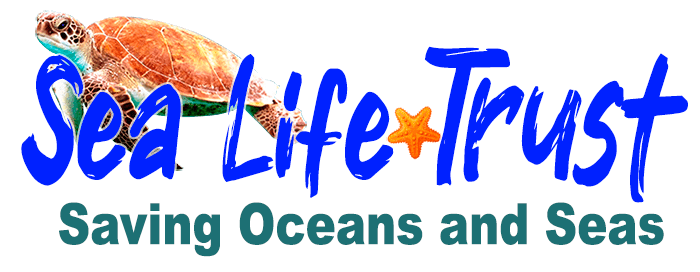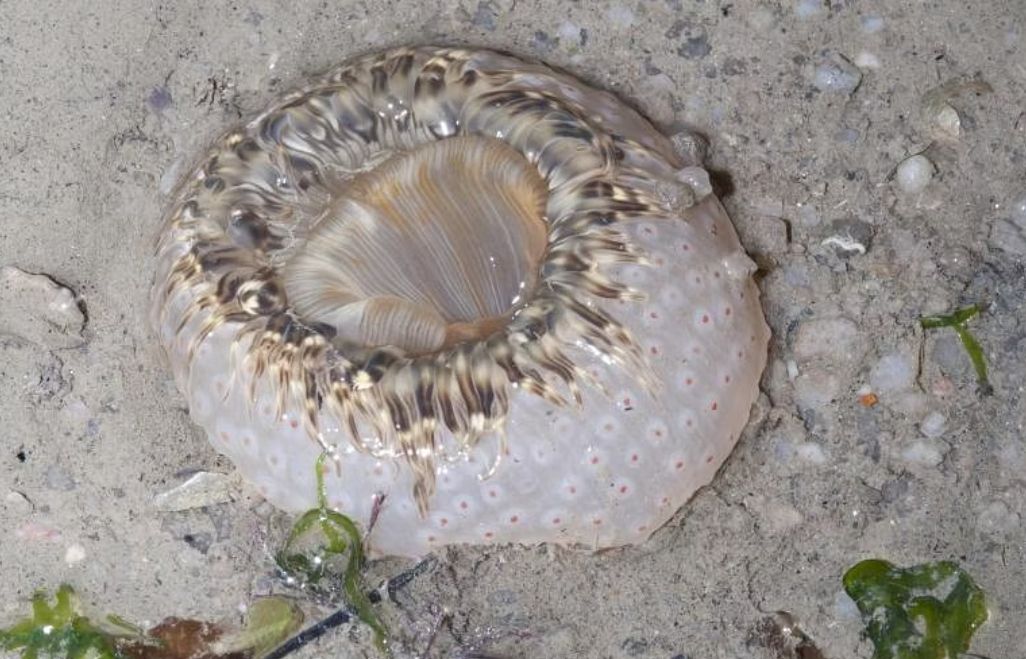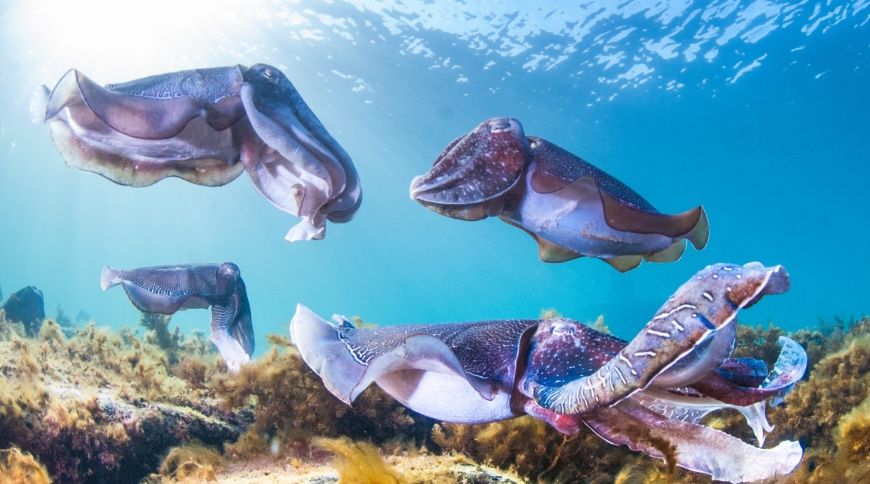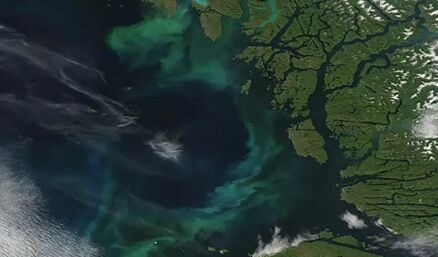Welcome to the Resources page of sea-life-trust.com. Here, we have curated a collection of valuable links and references to organizations and projects that share our commitment to marine conservation, sustainable fisheries, climate change action, waste management, and environmental education. Explore these resources to learn more about how you can contribute to protecting our oceans and marine life.
Healthy Habitats
Explore resources focused on promoting healthy habitats for marine life:
- Australian Marine Debris Database – Tangaroa Blue – Tangaroa Blue’s Australian Marine Debris Database is an essential resource for tracking marine debris along Australia’s coastlines. This citizen science initiative allows individuals and communities to record and monitor debris data, aiding in the development of effective solutions to combat ocean pollution.
- Ghost Nets Australia – Ghost Nets Australia is dedicated to removing abandoned fishing nets, or “ghost nets,” from Australian waters. By partnering with Indigenous rangers and coastal communities, the organization works to protect marine life and restore coastal ecosystems.
- National Marine Debris Project – TeachWild – TeachWild’s National Marine Debris Project empowers educators to educate students about marine debris issues. Through educational resources and programs, students learn about the impact of litter on marine environments and are inspired to take action.
- DCCEEW – National Plastic Pollution Monitoring & Storm Water Project – The National Plastic Pollution Monitoring & Storm Water Project by DCCEEW focuses on monitoring plastic pollution and stormwater impacts on marine ecosystems, providing valuable data to inform future conservation efforts.
- Community Approaches to Ending Plastic Waste Book – The “Community Approaches to Ending Plastic Waste” book offers insights into community-based strategies to combat plastic pollution. It showcases successful initiatives from around the world that can inspire local action.
Fish for the Future
Explore resources focused on sustainable fishing practices and seafood consumption:
- Status of Fisheries Resources NSW 2011 – 12 – Summary – This summary report provides valuable information on the status of fisheries resources in New South Wales, helping to promote sustainable fishing practices.
- Sustainable Seafood Guide – AMCS – The Sustainable Seafood Guide by AMCS offers consumers information on sustainable seafood choices, empowering them to make environmentally conscious decisions while supporting responsible fishing practices.
- Good Fish Bad Fish – Good Fish Bad Fish is an easy-to-use guide that helps consumers identify sustainable seafood options and avoid fish sourced from unsustainable practices.
- Marine Stewardship Council – The Marine Stewardship Council (MSC) is an independent organization that sets standards for sustainable fishing and certifies fisheries that meet these rigorous criteria.
- Canned Tuna Guide – Greenpeace – Greenpeace’s Canned Tuna Guide educates consumers on the environmental impact of canned tuna brands, enabling them to choose products that are sustainably sourced.
Climate Change
Explore resources focused on climate change action:
- Australian Youth Climate Coalition – The Australian Youth Climate Coalition (AYCC) empowers young people to take action on climate change through education, advocacy, and grassroots campaigns.
- Cool Australia – Cool Australia offers educational resources and tools that support climate change education, empowering teachers and students to become environmental champions.
Waste Management and Recycling
Explore resources focused on waste management and recycling:
- Take 3 for the Sea – Take 3 for the Sea encourages individuals to pick up and dispose of three pieces of litter, reducing marine pollution and promoting responsible waste management.
Environmental Education
Explore resources focused on environmental education:
- Australian Association of Environmental Education (AAEE) – The Australian Association of Environmental Education promotes environmental education and sustainability practices through networking, resources, and professional development opportunities.
- 7 PRINCIPLES OF LEAVE NO TRACE – The 7 Principles of Leave No Trace provide guidelines for minimizing environmental impact during outdoor activities, fostering a culture of responsible outdoor stewardship.
Various archival documents:
- SeaLifeTrust Annual Reports 2010-2019
- 2010 Annual Report: Embracing Change for Ocean Conservation
- 2011 Annual Report: Inspiring Ocean Stewards
- 2012 Annual Report: Building Stronger Partnerships
- 2013 Annual Report: Advancing Marine Research and Technology
- 2014 Annual Report: Empowering Youth for Ocean Conservation
- 2015 Annual Report: Advocacy and Policy Initiatives
- 2016 Annual Report: Expanding Marine Protected Areas
- 2017 Annual Report: Scaling Up Conservation Efforts
- 2018 Annual Report: Promoting Sustainable Practices
- 2019 Annual Report: Towards a Sustainable Future
- Press clippings
- Other




